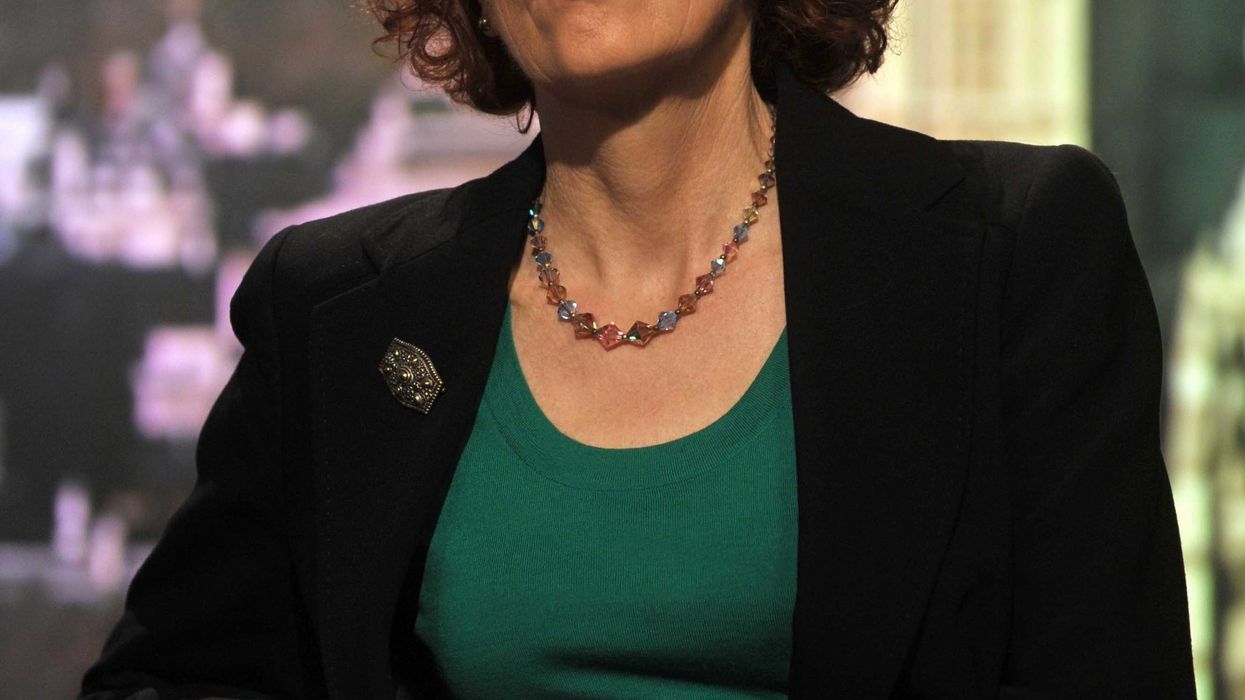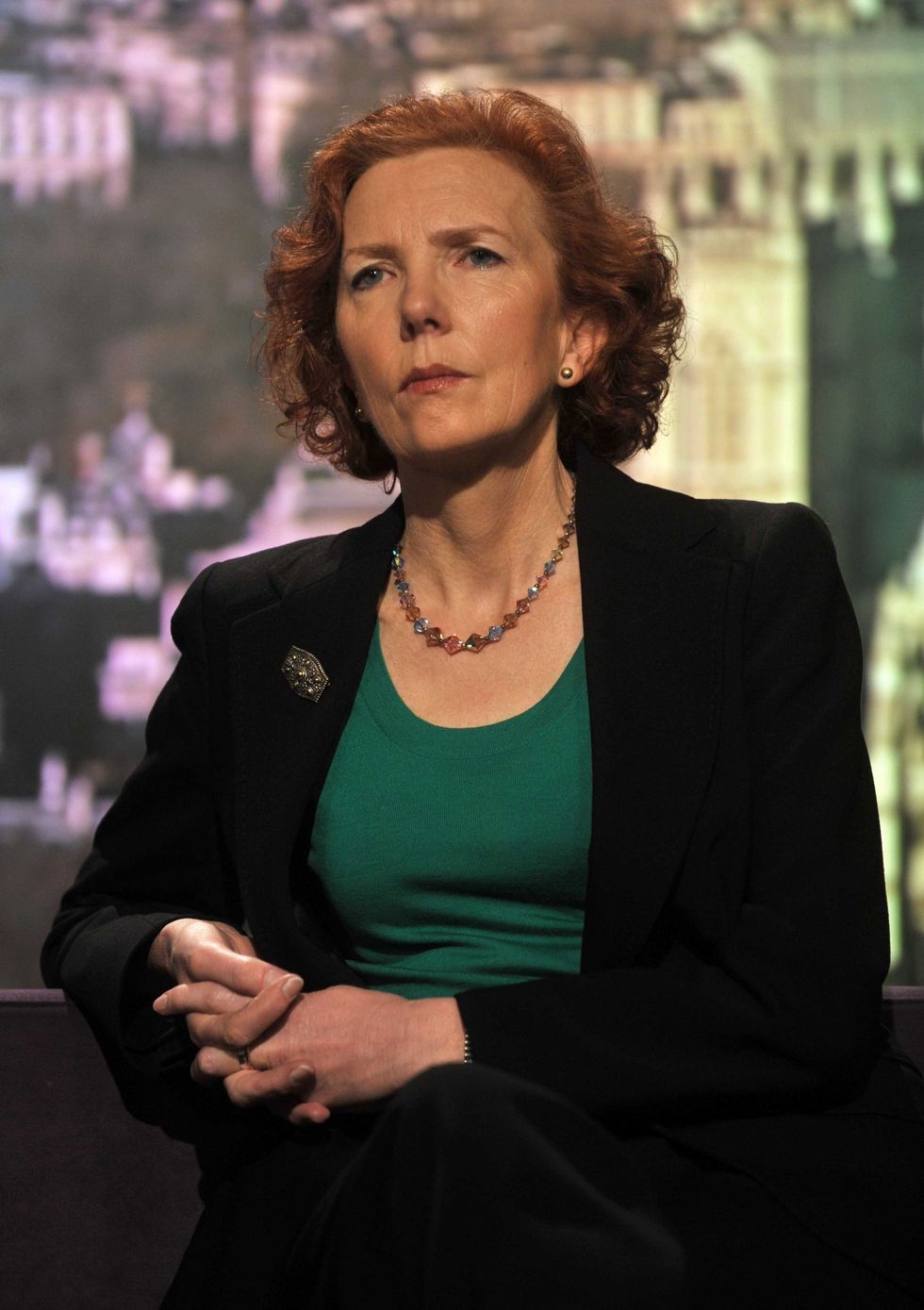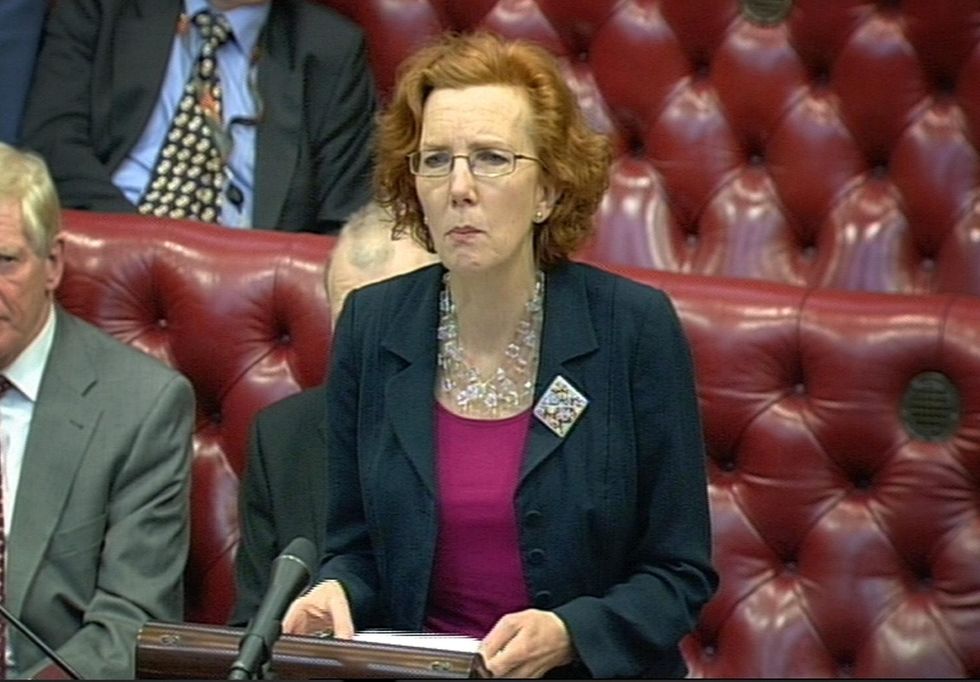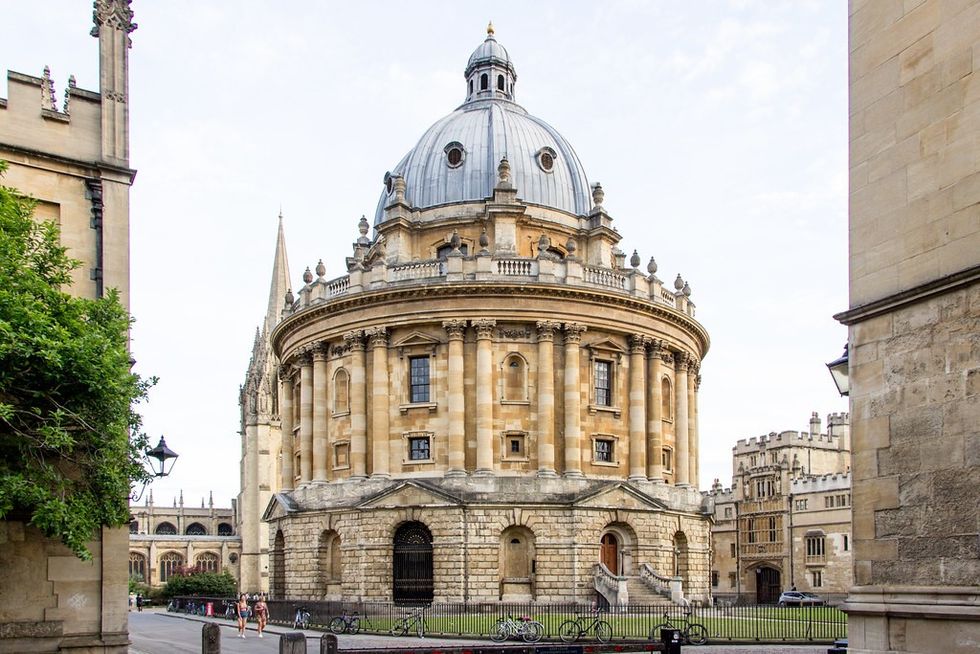
A frontrunner to become the next chancellor of Oxford University could see her bid undermined after she was accused of failing to stand up for free speech.
Baroness Royall of Blaisdon has come under fire after she tried to make students at Somerville College complete an online course about unconscious biases.
The former leader of the House of Lords is hoping to succeed Lord Patten of Barnes as the chancellor in an upcoming election which involves all staff, students and graduates.
However, her comments from three years ago, where she said that there was “irrefutable evidence” which linked racism, transphobia and unconscious bias, could tarnish her chances.

Baroness Royall said in 2021 that all undergraduates should take an “unconscious bias training course” to make the college a “more inclusive community”. It is understood that students would need to get 100 per cent on the test to pass.
Some have slammed the Baroness for the suggestion, stating that it undermines free speech.
William Mackesy, from Alumni for Free Speech, said the Baroness appeared less committed to free speech than other candidates.
He told The Times: “If you dig down into what a number of the candidates say, you will find breezy generalities about the importance of free speech, but a lot of skirting round the realities and causes of the problem, such as the unlawful enforcement of contested activist agendas.

“A striking example of this is Royall, who avoids questions about her having required students to take ‘unconscious bias’ training and get 100 per cent in a test, an obvious free speech no-no and probably unlawful to boot.
“Oxford voters need to think carefully when casting their ballot what kind of chancellor they want as the figurehead of the institution. We believe it needs to be someone who cares passionately about free speech, and understands what it takes to defend it.”
Other candidates in the race include Lord Hague of Richmond, Lord Mandelson and Dominic Grieve, the former attorney-general.
Alumni for Free Speech, who wrote to all hopefuls and asked them their opinion on free speech, said based on the responses they received, they would give their backing to Lord Hague.

Royall was quick to defend her actions, stating that the course would have been “consistent with a commitment to free speech”.
She said: “This course was proposed at the time of the Black Lives Matter protests by our JCR committee, and I agreed with our students’ wishes on this matter following the concerns they expressed about a number of systemic issues in British society and potentially here in Oxford about which they were concerned.
“I believe in the importance of EDI [Equality, diversity and inclusion] training to ensure that academic institutions work to create a constructive and inclusive culture for all our students and staff. Such training is consistent with a commitment to free speech and it also helps to develop a free, plural, tolerant society.
“Those students who did not wish to do the course were not required to complete the training. I am pleased to say that it led to a number of very good conversations about the importance of free speech.”
from GB News https://ift.tt/VCwdyPl

A frontrunner to become the next chancellor of Oxford University could see her bid undermined after she was accused of failing to stand up for free speech.
Baroness Royall of Blaisdon has come under fire after she tried to make students at Somerville College complete an online course about unconscious biases.
The former leader of the House of Lords is hoping to succeed Lord Patten of Barnes as the chancellor in an upcoming election which involves all staff, students and graduates.
However, her comments from three years ago, where she said that there was “irrefutable evidence” which linked racism, transphobia and unconscious bias, could tarnish her chances.

Baroness Royall said in 2021 that all undergraduates should take an “unconscious bias training course” to make the college a “more inclusive community”. It is understood that students would need to get 100 per cent on the test to pass.
Some have slammed the Baroness for the suggestion, stating that it undermines free speech.
William Mackesy, from Alumni for Free Speech, said the Baroness appeared less committed to free speech than other candidates.
He told The Times: “If you dig down into what a number of the candidates say, you will find breezy generalities about the importance of free speech, but a lot of skirting round the realities and causes of the problem, such as the unlawful enforcement of contested activist agendas.

“A striking example of this is Royall, who avoids questions about her having required students to take ‘unconscious bias’ training and get 100 per cent in a test, an obvious free speech no-no and probably unlawful to boot.
“Oxford voters need to think carefully when casting their ballot what kind of chancellor they want as the figurehead of the institution. We believe it needs to be someone who cares passionately about free speech, and understands what it takes to defend it.”
Other candidates in the race include Lord Hague of Richmond, Lord Mandelson and Dominic Grieve, the former attorney-general.
Alumni for Free Speech, who wrote to all hopefuls and asked them their opinion on free speech, said based on the responses they received, they would give their backing to Lord Hague.

Royall was quick to defend her actions, stating that the course would have been “consistent with a commitment to free speech”.
She said: “This course was proposed at the time of the Black Lives Matter protests by our JCR committee, and I agreed with our students’ wishes on this matter following the concerns they expressed about a number of systemic issues in British society and potentially here in Oxford about which they were concerned.
“I believe in the importance of EDI [Equality, diversity and inclusion] training to ensure that academic institutions work to create a constructive and inclusive culture for all our students and staff. Such training is consistent with a commitment to free speech and it also helps to develop a free, plural, tolerant society.
“Those students who did not wish to do the course were not required to complete the training. I am pleased to say that it led to a number of very good conversations about the importance of free speech.”



0 Comments
Don't share any link